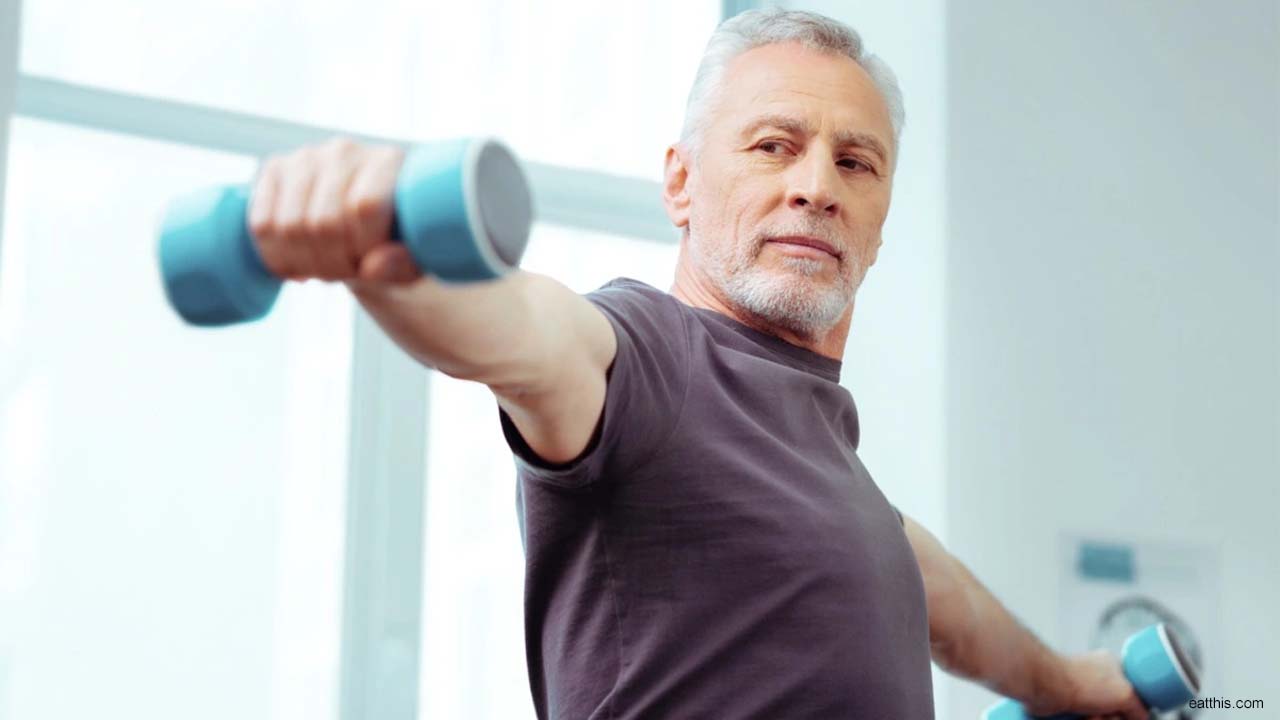The role of exercise in keeping one’s body healthy is open to the world. Anything that burns off your calories, is exercise. But have you ever thought of how much exercise is enough or sufficient to keep the body healthy, especially for patients suffering from health conditions like heart diseases or lung diseases? Exercise if paired with healthy eating or living a healthy lifestyle is the best solution for any person with heart issues. In some cases, exercises are proven to be as good as medicines.
Why is exercise so important for heart patients?
- Ensures healthy body weight
- Reduces blood pressure
- Strengthens muscles
- Improves blood circulation
- Delays the chance or the risk of developing diabetes
- Decrease risk of stroke, blood clots
- Reduces bad cholesterol and raises good cholesterol
- Decreases stress, depression, and anxiety
- Decreases inflammation which can affect other body systems
Though exercise benefits the body in multiple ways, choosing the wrong exercise can be as harmful also. So, consult doctors or professionals before you start an exercise routine. They can recommend the best exercise based on your health and physical conditions. Pushing yourself too hard can be detrimental to your health. This may even lead to major health issues.
Firstly, when you begin, choose an activity that you like doing most. This way you will enjoy your activity. Make sure to wear comfortable clothes and shoes. Make a timetable of your daily activity and strictly adhere to this. Try exercising with your friends and family. Maintain an exercise log and track progress. If you are not well, refrain from doing exercise.
Aerobic or cardio exercises are meant for the lungs and heart health. Moderate-intensity aerobic exercises include brisk walking, dancing, and gardening. Hiking uphill, running, swimming, digging, and tennis (singles) are some forms of high-intensity aerobic workouts.
Experts recommend that 150 minutes a week of moderate exercise is essential for healthy living while in the case of high-intensity exercise, only 75 minutes per week serves the purpose. Doing moderate exercise for 30 minutes a day and 5 days a week is sufficient. Start exercising slowly. In the next 10 minutes, as your heart rate increases, increase your speed. This will increase blood flow to muscles. Gradually increasing the intensity and duration will not exert high pressure on your heart or lungs. In the end, cool down for 5 min to allow your heart rate to come back to resting levels and temperature to normal. Not but not least, keep your body well hydrated.
Red flags to stop exercising
- Chest pain
- Heaviness in the chest
- Fatigue
- Neck, upper back, or jaw pain
- Lightheadedness or dizziness
(Disclaimer: The content on this site is for informational purposes only, and should not be taken as professional medical advice. Always seek the guidance of your doctor or other health professionals for any questions you may have regarding your health or a medical condition.)

 Regular exercise or physical activity is one of the best habits to be incorporated into daily life. It is good for the body as well as for the mind. But have you ever thought of how much exercise is enough or sufficient to keep the body healthy, especially for patients suffering from health conditions like heart disease?
Regular exercise or physical activity is one of the best habits to be incorporated into daily life. It is good for the body as well as for the mind. But have you ever thought of how much exercise is enough or sufficient to keep the body healthy, especially for patients suffering from health conditions like heart disease?
















.jpeg)











.jpg)




